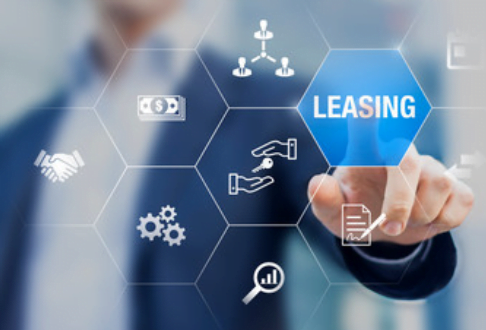Business Equipment: Buying vs Leasing — when it comes to acquiring business equipment, companies have the option to either buy or lease the business equipment. There are advantages and disadvantages to both approaches, and the best choice will depend on a variety of factors, such as the type of equipment, the company’s financial situation, and its long-term business goals.
Here are some key points to consider when deciding whether to buy or lease business equipment:
Buying Equipment:
Advantages:
- -Ownership: When you buy equipment, you own it outright and have complete control over its use.
- -Lower long-term cost: Although the upfront cost of buying equipment is generally higher than leasing, owning the equipment outright can be less expensive in the long run.
- -Tax deductions: Purchasing equipment can provide certain tax advantages, including depreciation deductions.
Disadvantages:
- -Upfront cost: Buying equipment requires a significant upfront investment, which may be difficult for some companies to afford.
- -Maintenance and repair costs: As the owner of the equipment, you are responsible for maintenance and repair costs, which can add up over time.
- -Obsolescence: Depending on the type of equipment, it may become obsolete or outdated, which can reduce its resale value.
Leasing Equipment:
Advantages:
- -Lower upfront cost: Leasing equipment typically requires a smaller upfront investment than buying, which can be beneficial for cash-strapped companies.
- -Maintenance and repair included: Leasing contracts often include maintenance and repair services, which can save the lessee time and money.
- -Flexible terms: Leasing contracts can offer more flexible terms than purchasing, including shorter-term leases and options to upgrade or exchange equipment.
Disadvantages:
- -Higher long-term cost: Although leasing can be less expensive upfront, over the long term, leasing can be more expensive than purchasing due to interest payments and other fees.
- -No ownership: When you lease equipment, you do not own it and do not have control over how it is used.
- -Restrictions: Leasing contracts may include restrictions on how the equipment can be used, which can limit a company’s flexibility.
Ultimately, the decision to buy or lease business equipment will depend on a company’s unique needs and circumstances. It’s important to carefully consider the advantages and disadvantages of each approach, and to consult with financial and legal professionals to make the best decision for your business.

